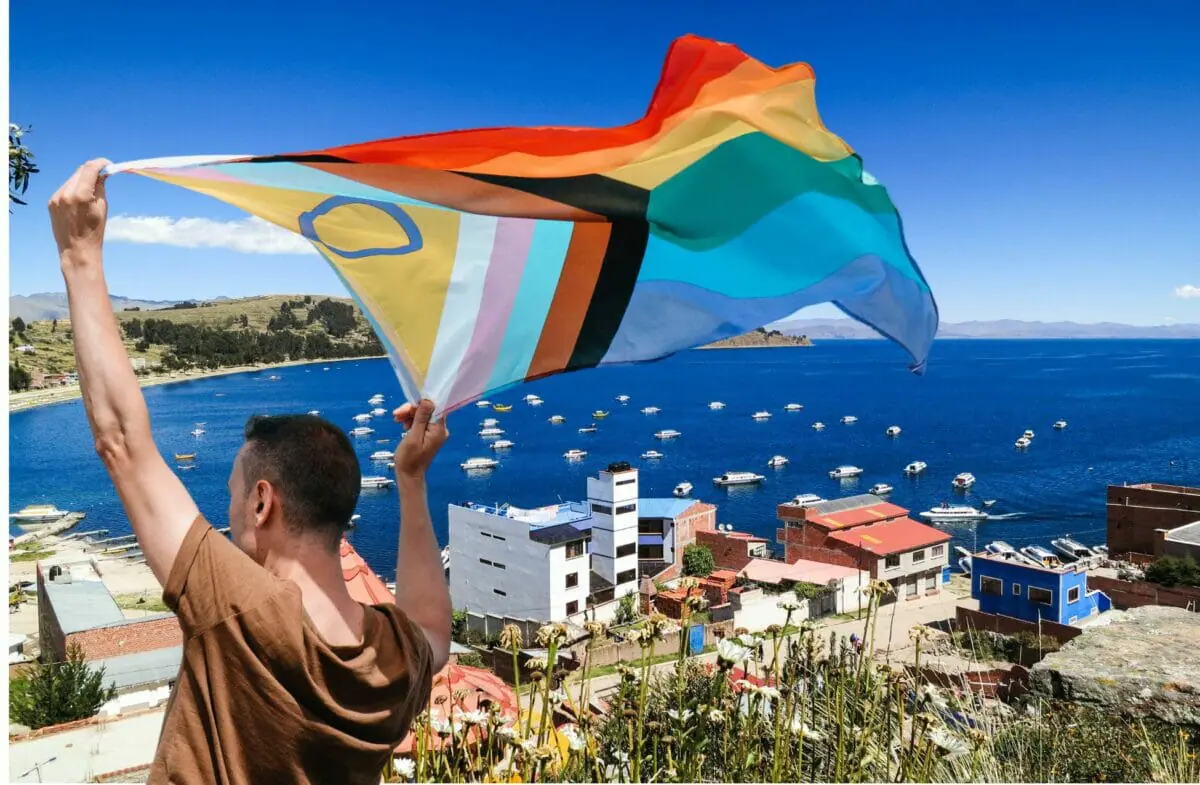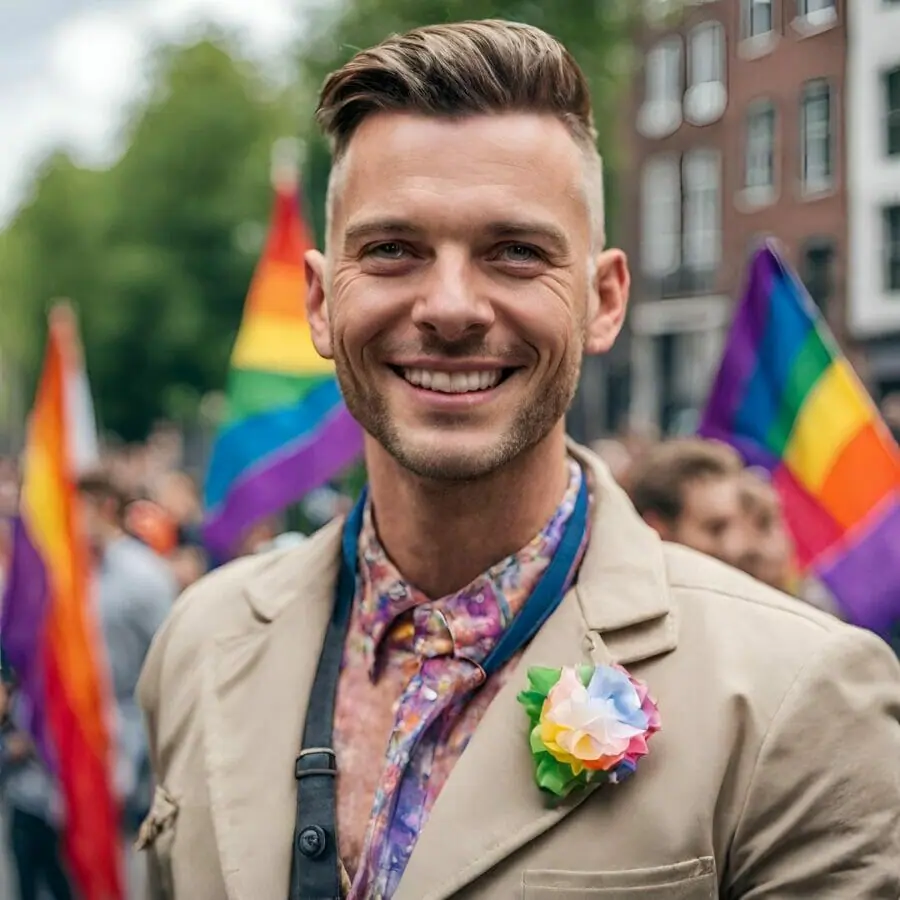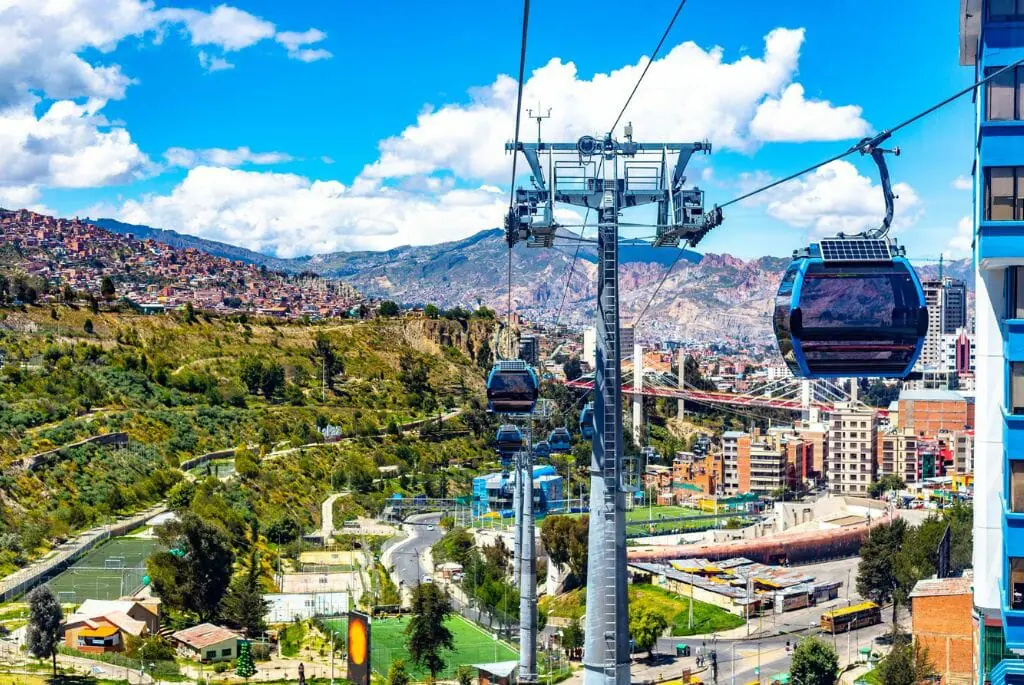Venturing into the heart of South America, Gay Bolivia emerges as a complex tapestry of indigenous traditions, breathtaking landscapes, and evolving perspectives on LGBTQ+ rights.
While Bolivia’s natural wonders, from the Uyuni Salt Flats to the heights of La Paz, undoubtedly captivate travelers, the nation’s stance on queer issues remains a mix of progress and resistance.
Since the late 2000s, Bolivia has taken legislative steps towards LGBTQ+ rights, including anti-discrimination laws and a gender identity law that permits legal gender change. Yet, societal acceptance hasn’t kept pace with these legal strides, and queer Bolivians often face challenges ranging from familial expectations to public discrimination.
Gay Bolivia, like many of its South American neighbors, is subtle in its queer representation. The major cities of La Paz and Santa Cruz host discreet LGBTQ+ spots – bars, clubs, and community centers – that serve as safe havens for the community.
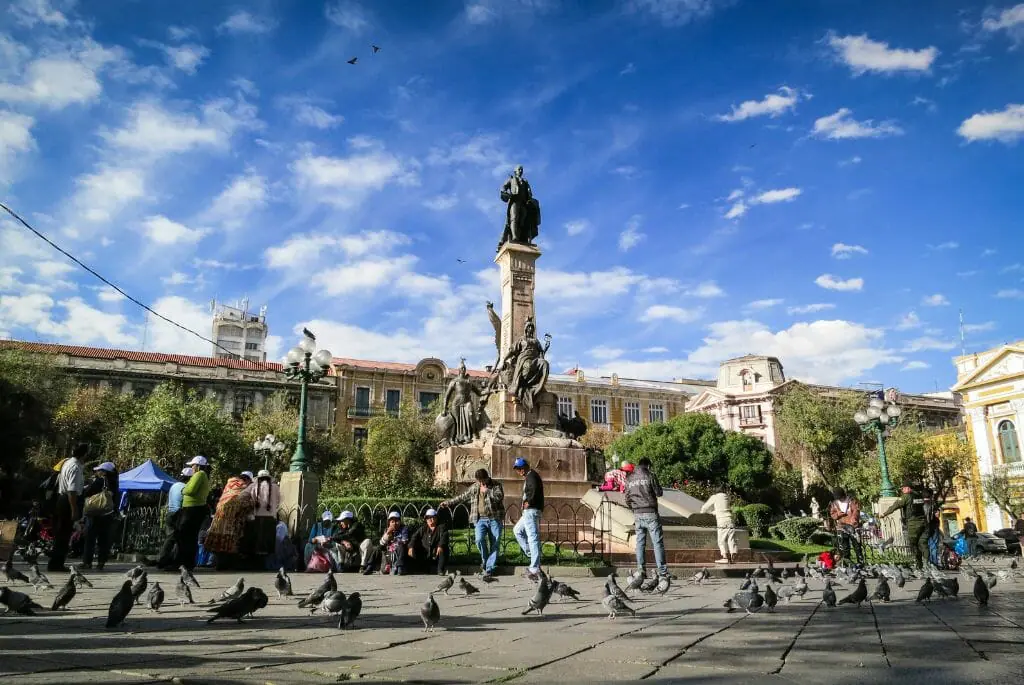
These spaces, while not as overt or numerous as those in more LGBTQ+-friendly nations, play an essential role in fostering unity and offering support. However, outside these urban areas, queer venues and openly gay expressions become even less common, urging travelers to approach with caution.
While the journey for full LGBTQ+ rights in Bolivia is ongoing, it’s essential to understand that many challenges stem from deeply ingrained cultural and religious beliefs. The intersectionality of indigenous traditions and Catholic teachings creates a layered societal viewpoint that may not always align with Western perceptions of queer acceptance.
Yet, for the informed LGBT traveler, Bolivia holds an undeniable allure. Beyond its discreet queer spots, the country’s rich cultural tapestry, unparalleled natural beauty, and warm-hearted locals make it a destination worth considering. Gay Bolivia, while requiring a careful approach, can be a journey of profound discoveries, a place where nature’s grandeur meets the resilience of a community awaiting its dawn of full acceptance.
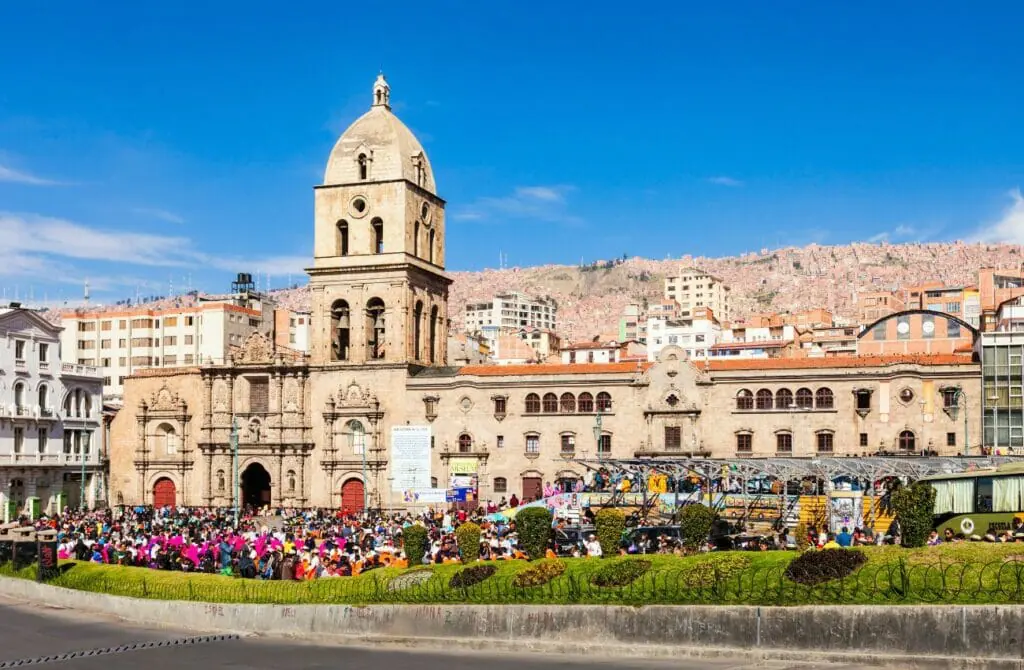
History Of LGBT Rights In Bolivia
In Bolivia, the constitution prohibits discrimination on the basis of sexual orientation and gender identity. In 2016, the country enacted a comprehensive gender identity law, placing itself among the most progressive nations regarding transgender rights.
Despite these advancements, LGBT individuals in Bolivia still face challenges.1 For tourists and locals alike, it is crucial to understand the rights and protections afforded to the LGBT community in the country and remain aware that situations can change rapidly. Always seek up-to-date information before traveling.
It is important to acknowledge that the legal protections in place for the LGBT community may not offer full protection from prejudice or discrimination. Although the Constitution prohibits discrimination, attitudes on the ground can differ. Both tourists and locals should remain vigilant and cautious.
While there have been cases of violence against LGBT individuals in Bolivia, the state has been working to address these issues. For instance, the Inter-American Court of Human Rights issued an advisory opinion in 2017 urging the advancement of LGBT rights in the region, which had an impact on Bolivia’s approach to same-sex unions.2 Bolivian courts are now required to recognize same-sex marriage as a right under the American Convention on Human Rights.
Tourists and locals should keep in mind that legal protections are essential, but they should also be prepared to encounter discrimination or harassment. Travelers should be cautious and informed, taking necessary steps to ensure their own safety. Some suggestions include:
- Researching areas you plan to visit, particularly with regard to their acceptance of LGBT individuals
- Avoiding engaging in public displays of affection that may attract unwanted attention
- Connecting with local LGBT organizations for up-to-date advice and recommendations
Always remember that individual bad actors can be present in any society, regardless of its legal protections. It is essential to remain vigilant, cautious, and informed at all times while understanding that the situation surrounding LGBT rights in Bolivia is subject to change.
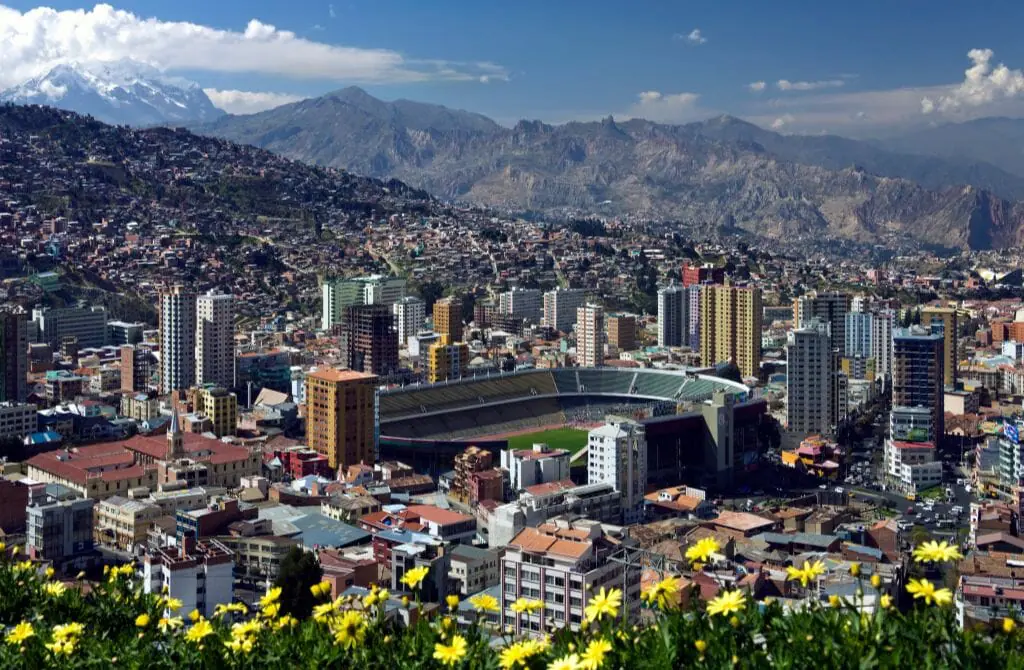
The Current Situation In Bolivia
Bolivia has seen progress in recent years when it comes to LGBT rights. As of 21 July 2023, the Supreme Electoral Tribunal announced that same-sex free unions could be performed in the same conditions as opposite-sex ones [1^]. Homosexuality is legal, and discrimination based on sexual orientation and gender identity is illegal in contexts such as employment and housing.
For locals, the situation continues to evolve, but there is still much work to be done in terms of full acceptance and equal rights. As a tourist, it is important to be aware of the social norms and attitudes towards the LGBT community in Bolivia. Reactions may vary depending on the region and cultural context, and while some areas may be more tolerant, others can be less accepting.
In order to protect yourself as a tourist, it is advised to:
- Be aware of your surroundings and respect the local culture
- Avoid public displays of affection that might attract unwanted attention
- Use discretion when discussing your sexual orientation or gender identity in unfamiliar settings
- Research the areas you plan to visit, as acceptance levels may differ between urban and rural regions
Please remember that the situation regarding LGBT rights in Bolivia can change, as in any country, and it is crucial to remain vigilant against potential risks. It is essential to keep in mind that there could be individuals with hostile attitudes or intentions, regardless of legislation or social progress.
Lastly, although this article provides an overview of the current situation, please do not hesitate to seek up-to-date advice before traveling. As circumstances change, it is the responsibility of each traveler to ensure they are well-informed and able to navigate their journey safely.
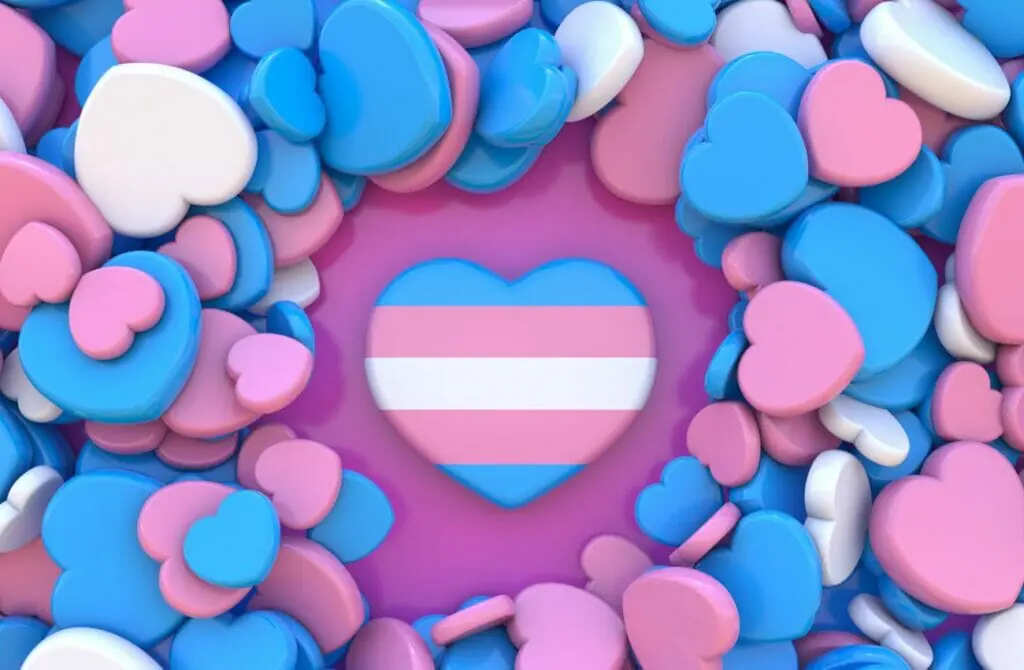

The Future For The Queer Community In Bolivia
LGBT rights in Bolivia have been gradually progressing, with the recent landmark decision by the Supreme Electoral Tribunal on 21 July 2023, allowing same-sex free unions to be performed under the same conditions as opposite-sex ones. However, public opinion in Bolivia seems to reflect a lack of acceptance or understanding of the LGBTQ+ community, with only 40% of people considering it a “good place” for gay and lesbian people as of 2023.
For local people, the advancements in LGBT rights may provide a more welcoming environment in the long run, enabling equal treatment and legal protections. However, it is crucial for members of the LGBT community to remain cautious and aware of potential challenges as the situation continues to evolve.
Tourists visiting Bolivia should also keep this evolving landscape in mind. While the legal recognition of same-sex unions signals progress, it may not be reflective of individual attitudes or experiences in the country. As a visitor, exercise discretion and respect local customs and practices when expressing your sexual orientation or gender identity. Since the situation may change quickly, seek current advice and updates before traveling.
To protect yourself and ensure a safe and enjoyable visit, consider taking the following steps:
- Research current events and attitudes towards the LGBT community in Bolivia before traveling.
- Check for updates on government travel advisories and exchange information with fellow travelers in online forums.
- Be cautious when using dating apps or websites, and avoid sharing personal information with strangers.
- Stay vigilant in public spaces and avoid drawing undue attention.
Remember, in any country, there will always be individuals with ill intentions. Staying informed, cautious, and vigilant will help mitigate potential risks and allow for an enjoyable experience in Bolivia. Keep your safety in mind, stay updated on the prevailing local attitudes, and engage with the local community in a respectful and sensitive manner.
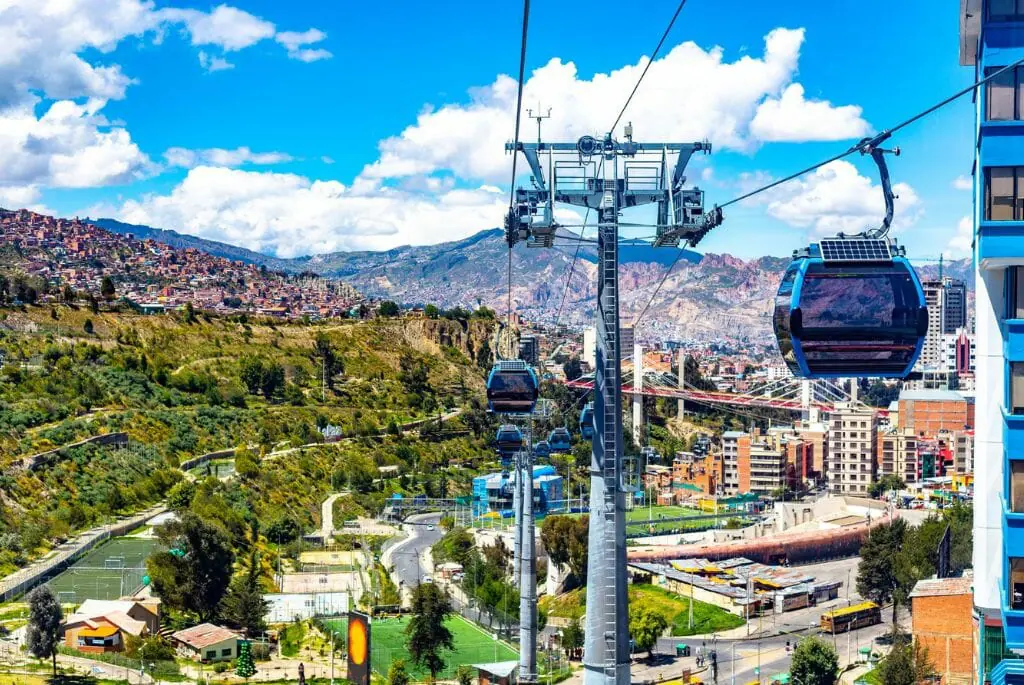
Protect Yourself While Travelling In Gay Bolivia
While Bolivia has made progress in recent years with regard to LGBT rights, it is essential for both locals and tourists to remain vigilant and take necessary precautions. The Bolivian Constitution bans discrimination on the basis of sexual orientation and gender identity, and a comprehensive gender identity law was passed in 2016. However, discrimination and lack of equal treatment for LGBT individuals in some areas like health care, employment, and social services still persist.
As a tourist or local, it is crucial to be aware of the social climate and cultural attitudes towards the LGBT community in Bolivia. While the legal framework may be in place, societal acceptance and understanding can lag in some regions and communities. To protect yourself, research the specific areas you plan to visit, stay informed about local customs and practices, and exercise discernment when engaging with others.
While traveling in Bolivia, take the following steps to ensure your safety and well-being:
- Connect with local LGBT support networks and organizations for advice on safe spaces, such as friendly restaurants, cafes, or hotels.
- Avoid public displays of affection, especially in more conservative areas, to minimize the risk of unwanted attention or confrontations.
- Be aware of your surroundings and trust your instincts when interacting with new people.
It is essential to remember that situations can change rapidly, and information may be outdated. Always seek the most current advice before traveling to any destination, and remain vigilant as there are always bad actors present in every country.
In summary, as an LGBT individual, it is essential to take necessary precautions and stay informed about the local climate in Bolivia. Exercise discretion, be aware of your surroundings, and connect with local support networks to help ensure the safest and most enjoyable experience possible.
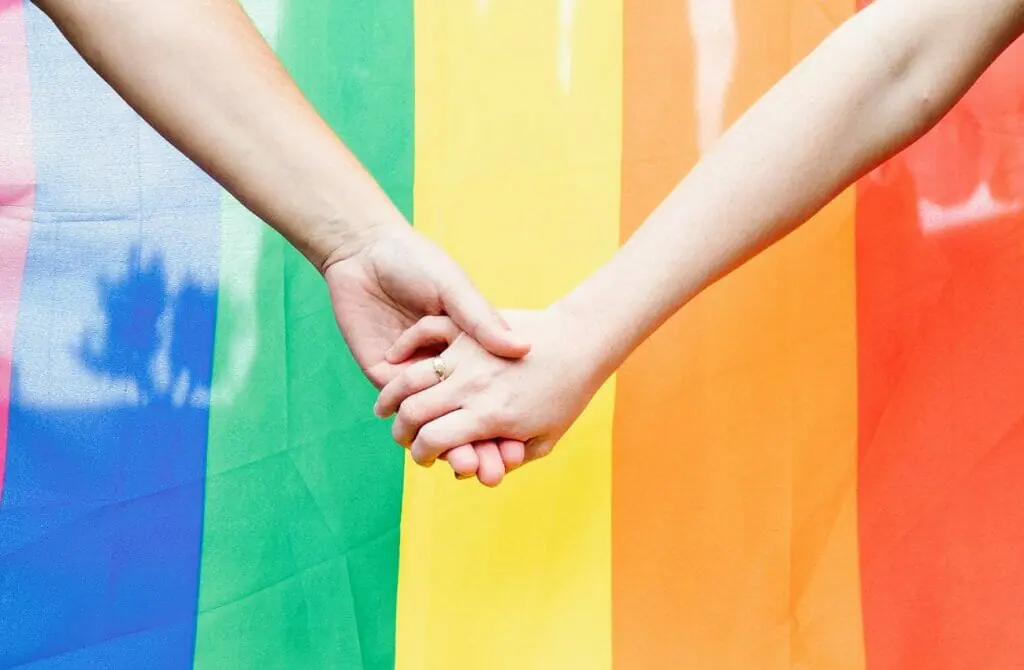

Best Gay Destinations In Bolivia
Navigating the multifaceted terrains of Gay Bolivia requires both an adventurer’s spirit and an informed traveler’s caution. The shimmering altiplano, dense Amazonian rainforests, and the bustling streets of La Paz and Santa Cruz have more to offer than meets the eye, especially when it comes to the best gay destinations in Bolivia.
While Bolivia’s societal outlook on LGBTQ+ rights is an intricate mix of progress and tradition, several spots have emerged as safer havens for the queer community. From community-led events in urban centers to discreet venues where one can find camaraderie and support, Bolivia presents a nuanced journey for the LGBT traveler, where knowledge and respect go hand-in-hand in ensuring meaningful experiences.
In the high-altitude embrace of the Andes, La Paz unfurls as a paradoxical tapestry, alive with indigenous and colonial imprints and whispering an emerging acceptance of LGBTQ+ lives. While the city’s evolving queer community isn’t yet as visible as in some other Latin American capitals, its discreet charm is framed by Bolivia’s legally progressive but culturally cautious backdrop, making it a fascinating, if nuanced, destination for the intrepid queer traveler.


